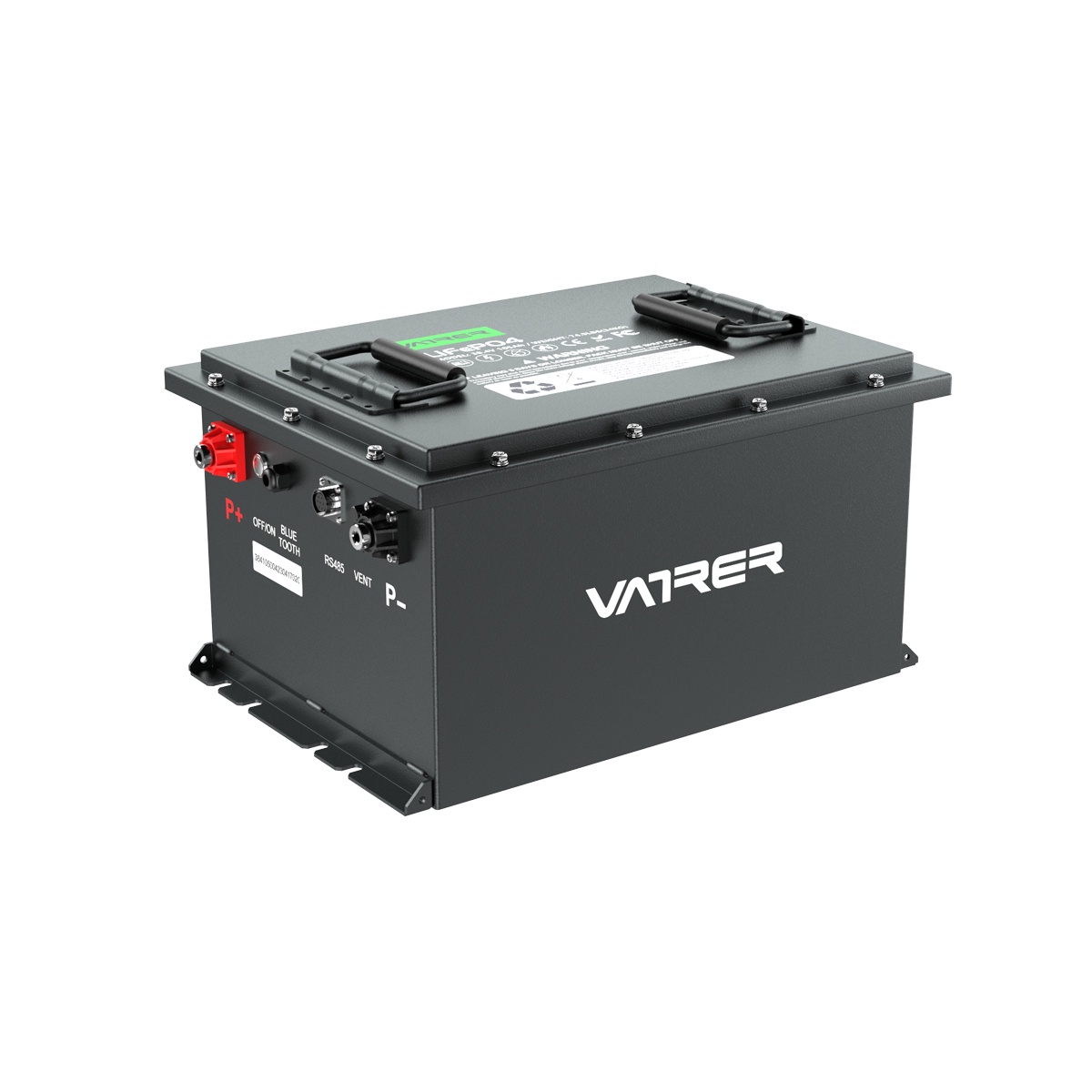Golf carts have become increasingly popular for transportation on golf courses, residential communities, and other recreational areas. As technology advances, the traditional lead-acid batteries used in golf carts are being challenged by newer options, such as lithium batteries. In this article, we will explore whether a lithium battery is a better choice for golf carts compared to traditional lead-acid batteries.
Understanding Lithium Batteries
Lithium batteries are a type of rechargeable battery that utilizes lithium-ion technology. They offer several advantages over lead-acid batteries, including higher energy density, lighter weight, longer lifespan, and faster charging capabilities. These features have gained attention in various industries, including automotive and portable electronics.

Advantages of Lithium Batteries for Golf Carts
Increased Energy Efficiency
Lithium batteries have a higher energy density, meaning they can store more energy in a smaller and lighter package. This increased energy efficiency allows golf carts to travel longer distances on a single charge, providing extended playtime and reducing the need for frequent recharging.
Lightweight Design
The lightweight nature of lithium batteries is particularly advantageous for golf carts. The reduced weight of the battery pack contributes to improved overall vehicle performance, including enhanced acceleration and maneuverability. It also reduces the strain on the cart's components, potentially extending their lifespan.
Longer Lifespan
Lithium batteries have a significantly longer lifespan compared to lead-acid batteries. While lead-acid batteries typically last around 2-5 years, lithium batteries can last 5-10 years or even more, depending on usage and maintenance. This longer lifespan reduces the frequency and cost of battery replacements, making lithium batteries a more cost-effective long-term investment.
Faster Charging
Lithium batteries have a faster charging rate compared to lead-acid batteries. This means that golf cart owners can recharge their batteries more quickly, reducing downtime and allowing for more frequent use. Faster charging also provides convenience for golf cart fleet managers who need to maintain a continuous operation.
Maintenance-Free Operation
Unlike lead-acid batteries, lithium batteries do not require regular maintenance such as checking water levels or cleaning terminals. This maintenance-free operation eliminates the need for ongoing battery upkeep and reduces the risk of acid spills or corrosion.
Considerations and Cost
While lithium batteries offer numerous advantages, it's important to consider the initial cost. Lithium batteries generally have a higher upfront cost compared to lead-acid batteries. However, when evaluating the long-term benefits, including extended lifespan and reduced maintenance, the overall cost of ownership may be lower with lithium batteries.
Conclusion
Lithium batteries offer several significant advantages over traditional lead-acid batteries for golf carts. Their increased energy efficiency, lightweight design, longer lifespan, faster charging, and maintenance-free operation make them an attractive option. While the initial cost may be higher, the long-term benefits and cost savings can make lithium batteries a better choice for golf cart owners looking for improved performance, extended battery life, and enhanced overall experience. It is advisable to consult with reputable dealers or professionals to determine the best battery option based on specific golf cart models, usage patterns, and budget constraints.


No comments yet